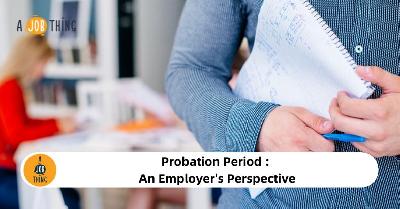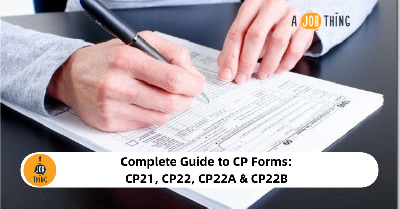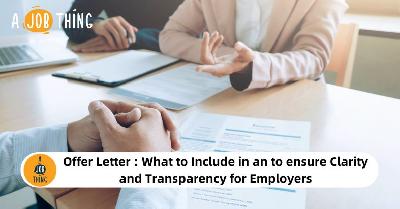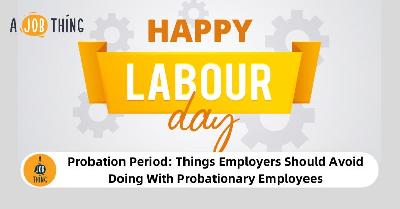
How To Be a Good Interviewer: Strategies for Interviewing
Create Job Description Using AI
Write appealing job descriptions for any job opening to attract the most qualifield and suitable candidates. FOR FREE.
try now
How To Be a Good Interviewer: Strategies for Interviewing
Interviewing is really important when hiring people. If you're good at it, you can get the best out of each interview. Being a good interviewer means preparing well, listening carefully, and being consistent. Learning how to be better at interviewing can help you in jobs where you need to interview candidates often. This article talks about why being a good interviewer matters and gives you simple tips to make your interviews better.
Why is it important to be a good interviewer?
Being a skilled interviewer is crucial because it enables you to attract and hire the most suitable candidates for your company's positions. Since interviewing plays a important role in the overall hiring process, maximizing your effectiveness during interviews ensures not only finding the right candidates but also enticing them to join your organization.
Here are further reasons why being a proficient interviewer matters:
1. It enables you to assess which candidates possess the most relevant experience and skills for the job.
2. You can determine if a candidate aligns with your company's culture.
3. It ensures that top candidates are equally interested in your organization as you are in their qualifications.
4. You can be confident that a candidate is worth the company's investment in training and development.
5. It enhances the likelihood of the candidate accepting the job offer.
6. It optimizes the use of your hiring resources, including time spent interviewing candidates.
How to be a good interviewer
Here are several approaches you can adopt to enhance your interviewing skills:
1. Take time to prepare
Taking time to get ready is crucial. It's as important as the interview itself because being prepared ensures you know exactly what topics you'll cover. To prepare well, familiarize yourself with the interviewee's details, the job requirements, and the questions you'll ask. The better prepared you are, the more confident you'll feel, increasing the chances of a successful interview. If multiple interviewers are involved, ensure alignment of interview goals and questions. Assign specific roles or evaluation criteria to each interviewer to gain a comprehensive understanding of the candidates from various perspectives.
2. Put thought into your questions
Crafting effective questions is essential to extract key information from interviewees. Research appropriate questions tailored to the specific job role, focusing on skills and qualifications required. Utilize situational or behavioral questions to gain insights into the candidate's personality and workplace strategies. Incorporating open-ended questions is highly beneficial. For instance, presenting scenarios and prompting applicants to outline their proposed solutions allows for alignment with business needs to be evaluated.
3. Review the candidate's information before the interview
Examining the candidate's details, such as their resume, qualifications, and related documents, prior to the interview aids in determining which aspects of their professional background and skills you wish to address. Take notes during this review process to highlight topics for discussion during the interview, forming a structured outline of questions and key points to ensure comprehensive coverage of important information.
4. Practice active listening
Practicing active listening in your interviews enhances your effectiveness as an interviewer by enabling you to fully grasp and comprehend the interviewee's responses. Engage in attentive listening, take notes, maintain eye contact, nod, and pose follow-up questions to demonstrate your involvement and understanding during the interview.
5. Allow the interviewee to ask questions
Let the person you're interviewing ask questions during or after the interview. This shows you respect them and gives a chance to cover any topics you might have missed. Also, the questions they ask can tell you a lot about their personality and how interested they are in the job.
6. End the interview professionally
After the interview, explain to the candidate what happens next in the hiring process. Tell them when they can expect to hear from you and if you need more information from them. You can also give them a tour of your office and introduce them to people who do the job they're applying for. This gives them a taste of your company's culture and what it might be like to work there.
In need of hiring employees? Our Instant Job Ad can help you!






